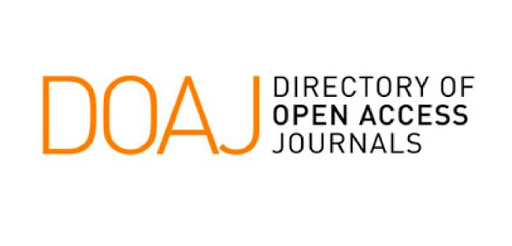Paper ID : SMJ1401215501221 | View : 63

Abstract : Pandemic COVID-19 has affected many aspects of life. However, a prolonged pandemic can cause many problems that will reduce the health-related quality of life (HRQOL). This research aims to determine the association between the behavior to prevention COVID-19 transmission with HRQoL. A descriptive approach using cross-sectional design in primary data was collect in August 2020. Participants were 619 using multistage cluster sampling in two provinces in Indonesia, namely Jakarta and West Java. The most proportion of behavior for prevention in the "never" category were: washing hands when entering home (48.5%), avoid the habit of greeting with a kiss on both cheeks (41.2%), and close the nose area when sneeze or cough (38.9%). The COV19-QoL scale showed that the highest of problems in the pandemic period they felt more stressed than before (33.9% agreed), decreased quality of life (32.5% agreed) and that a pandemic makes their safety at risk (24,7% agreed). Bivariate analysis using the Mann Whitney test showed significantly there is a difference in the average score of HRQOL based on behavior categories (p-value = 0.004). This study will more reinforce the concept that an HRQOL is the result of a measurable health behavior intervention and the COV19-QoL scale is a fairly good measure of identifying HRQOL during a pandemic.










